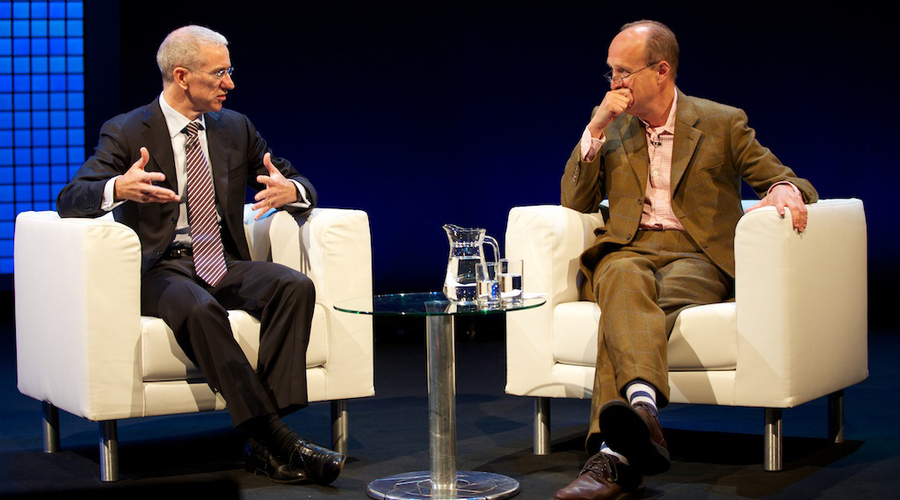“OK, I have only one strategy,” joked News UK boss Mike Darcey: “buy soccer rights. It has worked for me for 15 years.”
But it soon became apparent that there was a lot more to his internet video-clips coup than the former BSkyB COO’s self-deprecating description. Darcey surprised everyone by buying the UK near-live clip rights for all 380 Premier League matches until 2015/16, shortly after he moved from Sky to the Murdoch-owned newspaper group.
“Actually, there is more to it than that,” he continued. “The bundle of [supplements and tablet versions and now video that accompanies a newspaper] will grow. Subscription is an increasingly attractive [model].
“I’m trying to unbundle the word ‘digital’. There are short Times website visits and at the other end there is the [average of] 43 minutes spent reading the tablet version of The Times (or 48 minutes for the print version). The smart phone is somewhere in the middle.”
Darcey said he increasingly sees the tablet as “the inheritor of the print edition” – something like 90,000 subscribers open a tablet edition of The Sunday Times each week.
He believes the 9,500 internet video clips per season – and the three hours a week of original programmes supporting them – can help him slow down the decline in print sales.
“Our wrap-around programmes are still pretty short-form,” explained Darcey. “We are doing something different to our predecessors who have bought these rights [in the past] – they all just wanted to sell the clips. We are doing much more with them.”
Darcey said that while there is a case for wholly free, ad-funded news websites – just as there are free-to-air TV services – there is no case for publishers charging for their papers and giving away content online.
The “part-paid, part-free” approach of “the middle ground… is untenable, it’s unravelling,” he argued. “We've got a self-imposed hole in the bottom of our bucket and we need to plug it. If anything is causing this to unravel, it is the penetration of smart phones and connectivity. We will see that middle ground gradually vacated.”
The last part of his empire that had been free, The Sun’s website, went behind a pay wall on 1 August. “It was the culmination of a long-running debate,” he said.
Despite the competition offered by BBC online news to his websites, Darcey said, “BBC Online should not be closed down. The BBC is a fantastic, much-loved institution. The debate, as it has been, should be much more around the scale and scope of BBC activity, especially its local activities.”
News UK CEO Mike Darcey was interviewed by Sir Peter Bazalgette. The session was produced by Helen Scott.
Report by Gordon Jamieson. Photo by Paul Hampartsoumian

